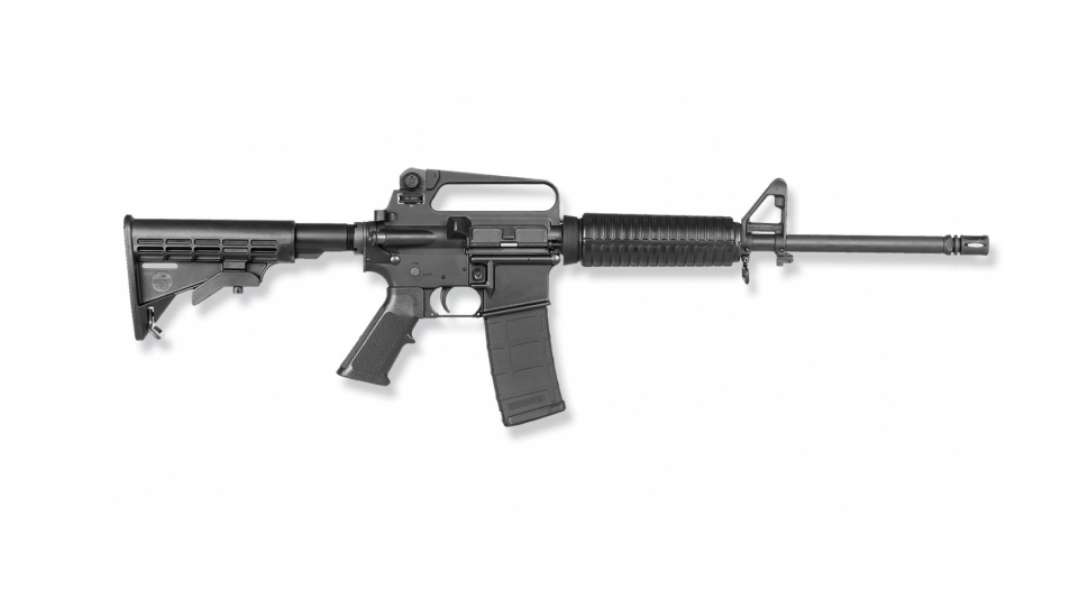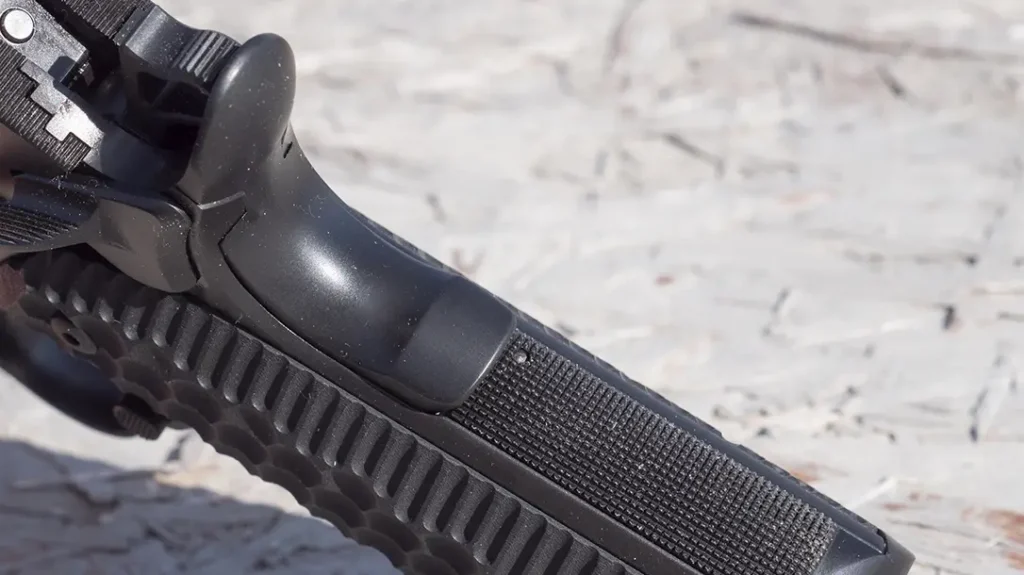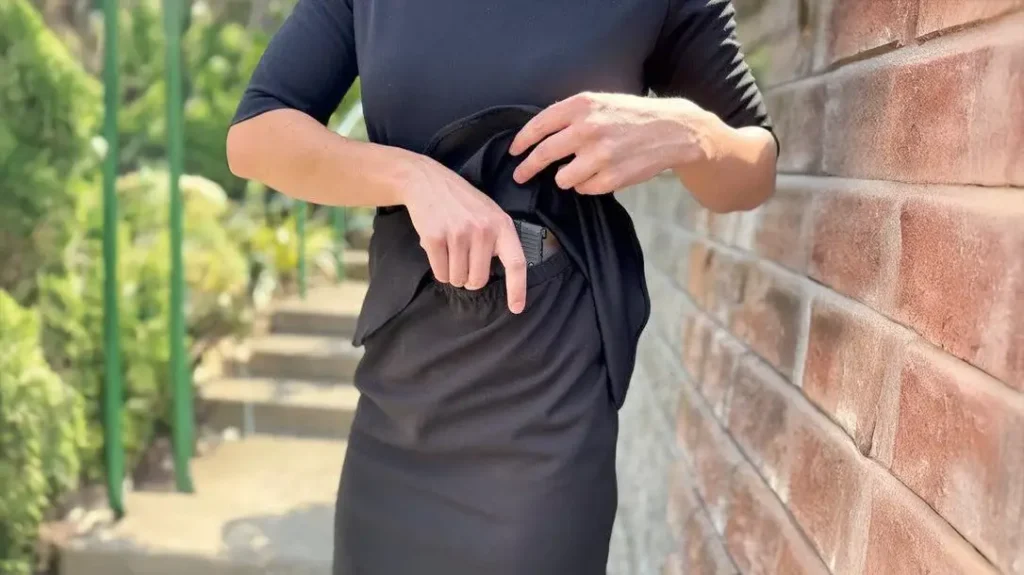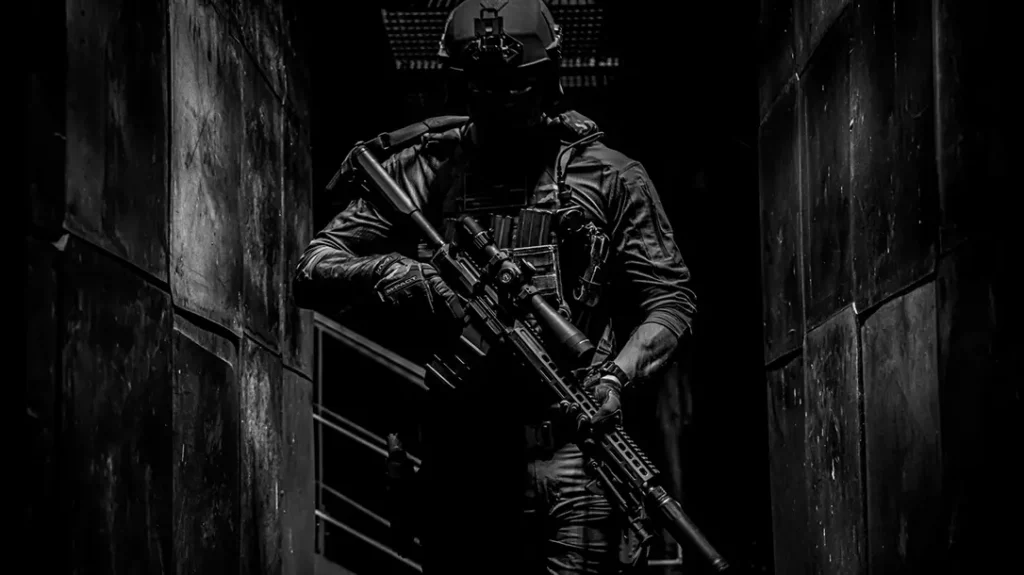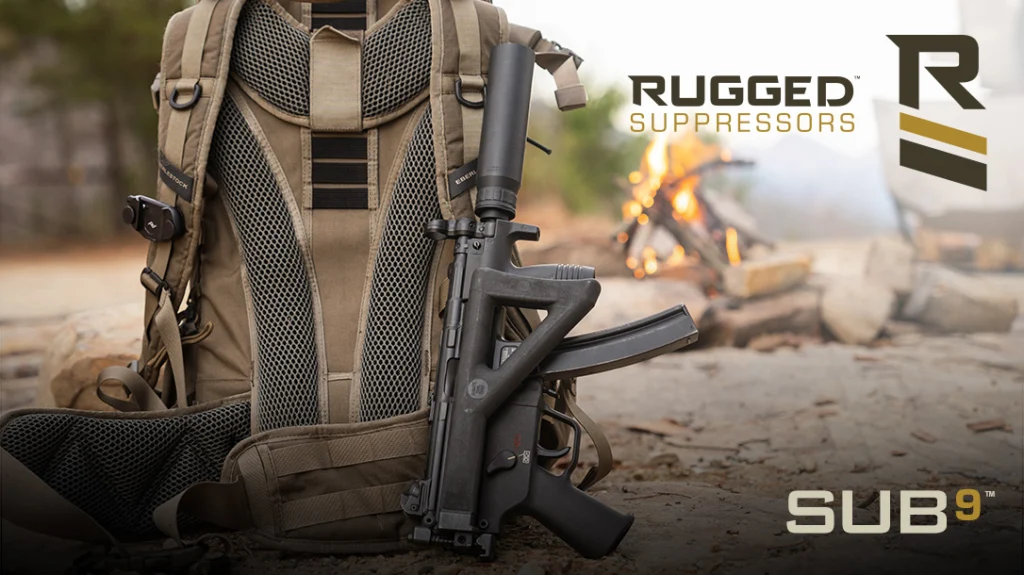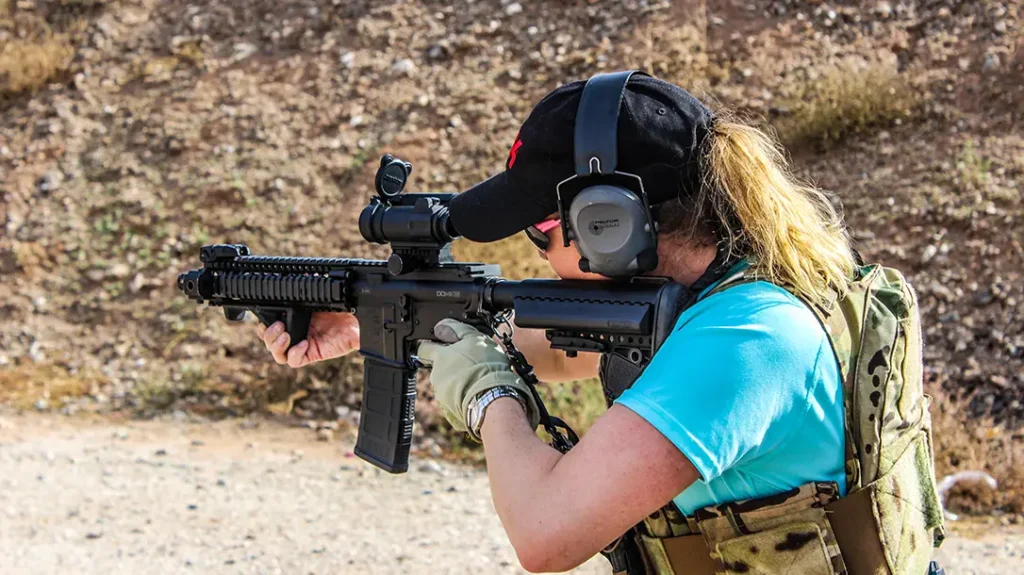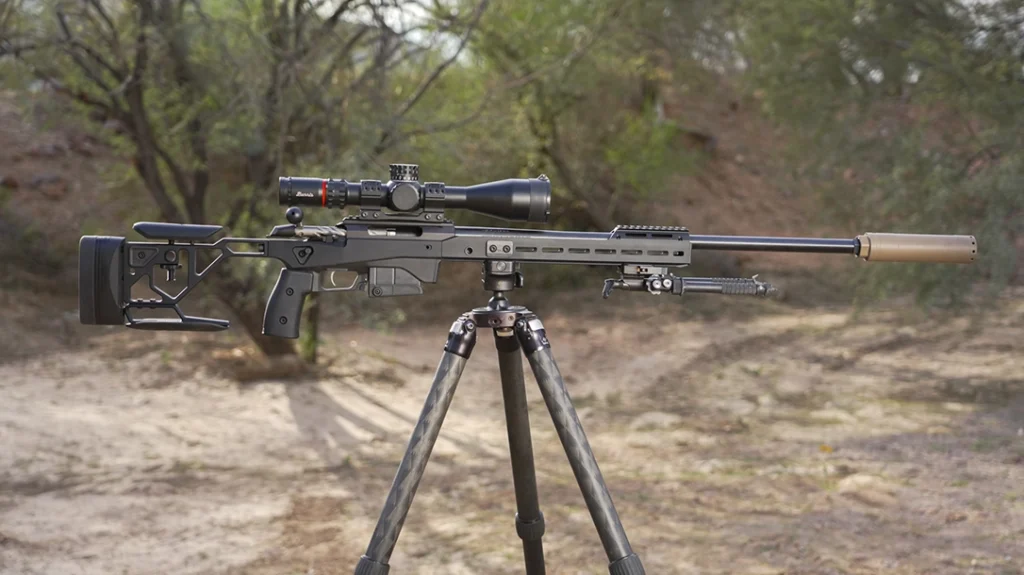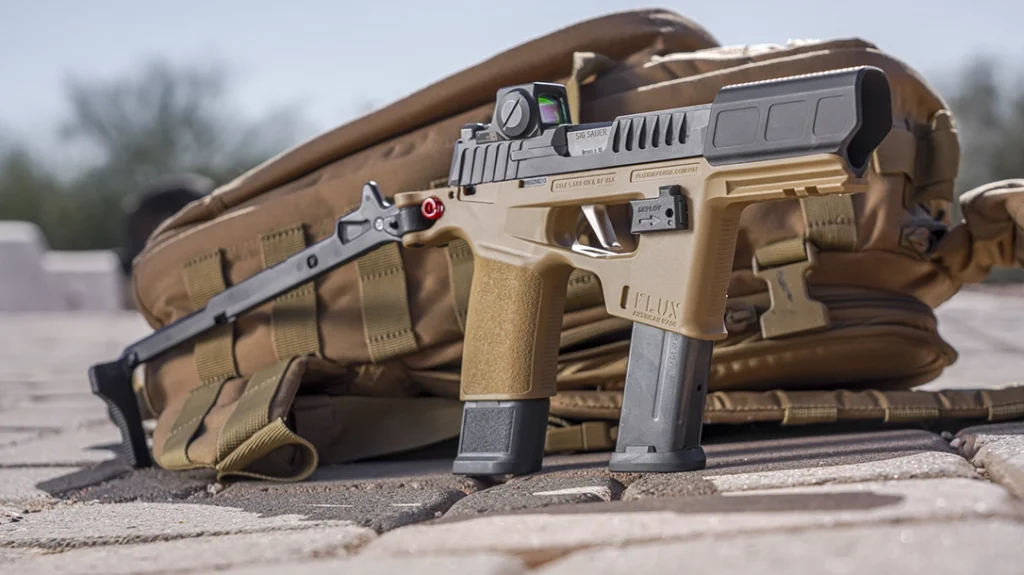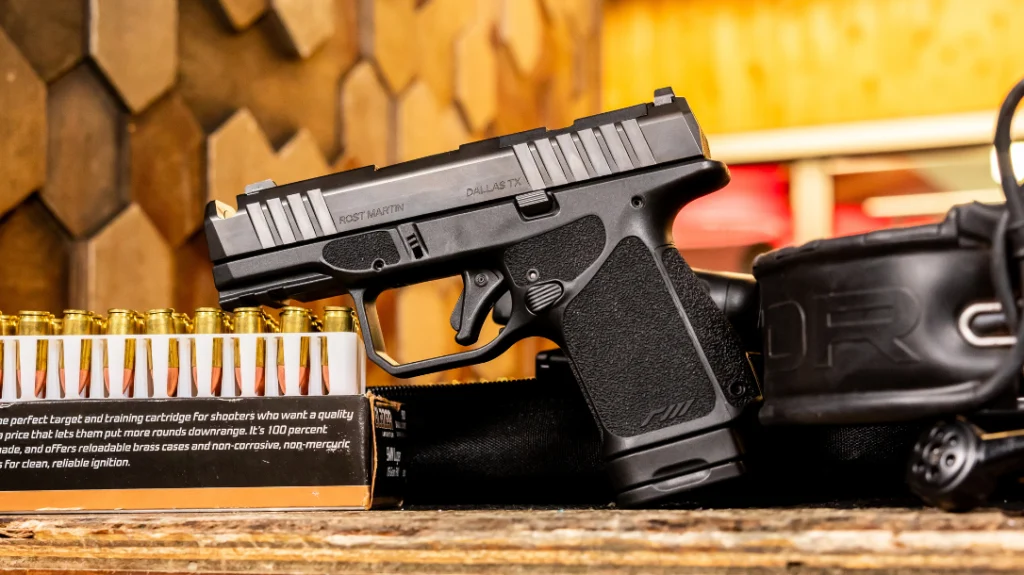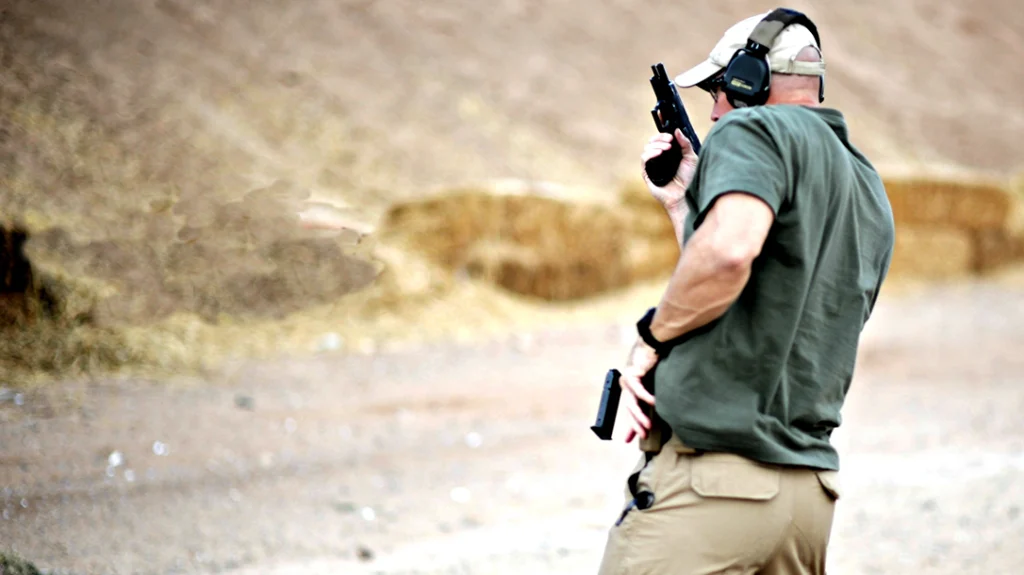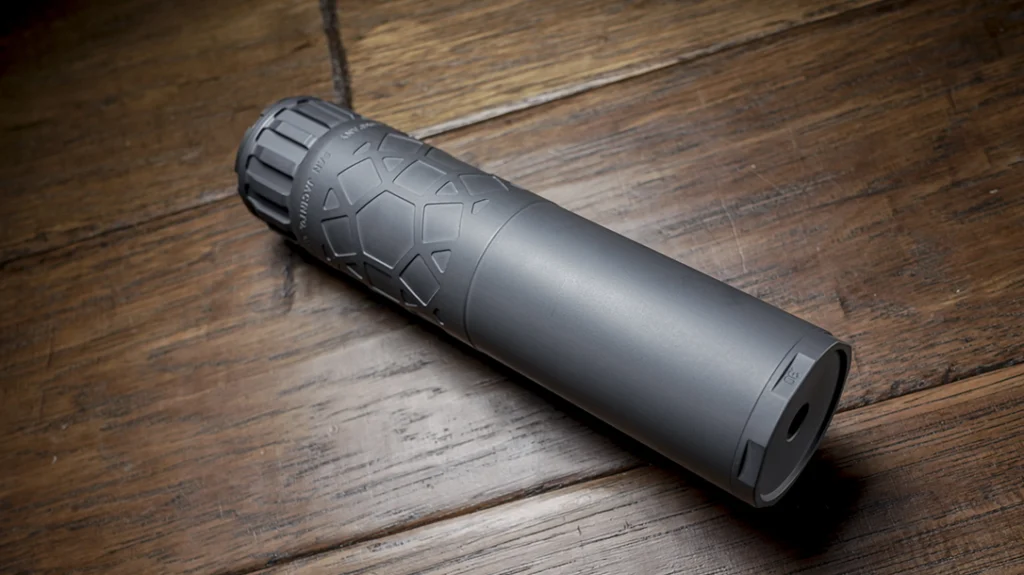The Connecticut Supreme Court ruled Thursday that a lawsuit against Remington can proceed. Parents of children killed in the 2012 Sandy Hook Elementary School shooting filed the lawsuit.
Justices narrowly voted 4-3 allowing the lawsuit to move forward. The lawsuit challenges how Remington marketed the Bushmaster AR-15 used at Sandy Hook to younger shooters. Referencing federal law, and the protection it provides Remington, a lower-court judge dismissed the lawsuit in 2016.
New Ruling From the Connecticut Supreme Court
Enacted in 2005, the Protection of Lawful Commerce in Arms Act (PLCAA) protects firearms manufacturers from liability for mass shooting. So what changed Thursday?
Advertisement — Continue Reading Below
The judges found an exemption to the PLCAA subsequently allowing the plaintiffs to challenge Remington’s marketing tactics. As a result, according to a report from Reuters, the Connecticut Supreme Court said the families could present their claims via an “exemption to the 2005 federal shield law, basing it on a Connecticut consumer protection statute.”
The court said PLCAA did not bar wrongful marketing claims and unethical advertising of dangerous products for illegal purposes and that plaintiffs could pursue those claims under state law.
Three dissenting judges rejected that finding, saying the federal gunmaker shield law did not include such exceptions.
Advertisement — Continue Reading Below
Consequently, Joshua Koskoff, who represents the plaintiffs, accused Remington of targeting “high-risk users” with its marketing tactics.
“The families’ goal has always been to shed light on Remington’s calculated and profit-driven strategy to expand the AR-15 market and court high-risk users, all at the expense of Americans’ safety. Today’s decision is a critical step toward achieving that goal,” Koskoff said in a statement.
Firearms Industry Response
An industry leader with close knowledge of the case, who wished to remain anonymous, spoke with Personal Defense World. He said the marketing allegation is simply a form of “judicial gymnastics.”
Advertisement — Continue Reading Below
Meanwhile, the National Shooting Sports Foundation released a statement that condemned the ruling:
“The Connecticut Supreme Court today reversed (4-3) a state Superior Court ruling; it decided in Soto v. Bushmaster that the case can go forward based on the plaintiffs’ allegation that the defendants marketing and advertising of a legal product somehow violated Connecticut’s Unfair Trade Practices Act (CUTPA). The Court’s split decision held that CUTPA fit within an exemption to the PLCAA. The exemption permits lawsuits where the defendant violated a statute applicable to the sale of firearms.
“In a strongly worded and well-reasoned dissent, Chief Justice Robinson rejected the majority’s overly broad interpretation of the scope of the limited exception, which is contrary to legislative text, cannons of statutory interpretation and the legislative history of the PLCAA. The majority’s decision today is at odds with all other state and federal appellate courts that have interpreted the scope of the exception. As the trade association for the firearms industry, the National Shooting Sports Foundation filed an amicus brief in support of the defendants in this case and both respectfully disagrees with and is disappointed by the court’s majority decision.”
Advertisement — Continue Reading Below
Remington has not commented, as of publishing time. Personal Defense will continue to monitor the situation.
